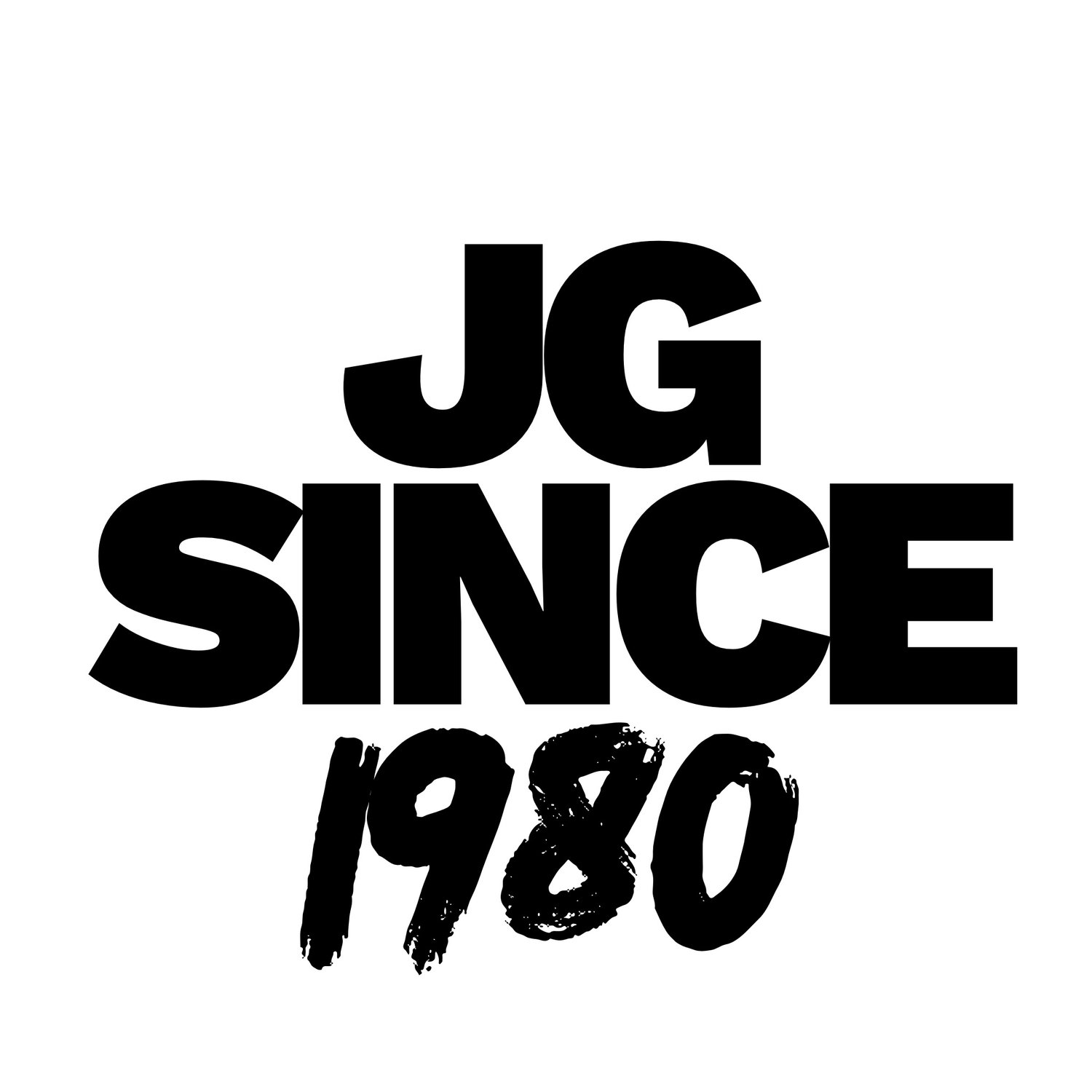“Artificial intelligence is computer science. It’s literally computer science.” - Jameel Gordon
My journey with weather and climate began in 1980, when I was born in Jamaica, West Indies. Growing up on the island meant being immersed in the lush, vibrant pulse of the tropics. Some of my earliest memories are not of toys or city streets, but of mud under my fingernails, fruit plucked fresh from the tree, rivers that seemed endless, and the buzzing life of plants and insects that made our surroundings feel alive.
Living in Jamaica also meant living with climate’s raw power. I can still recall the devastation of hurricanes, most vividly Hurricane Gilbert in 1988. I was just a boy, standing in the eerie calm of the storm’s eye, knowing the destruction it had already unleashed and the chaos still to come. That memory has stayed with me as a reminder of how deeply weather and climate shape our lives, sometimes with tenderness, sometimes with violence.
There were gentler memories too like when my aunt returned from the Bahamas with a red delicious apple. That single apple cracked open my imagination, showing me a world beyond Jamaica’s shores. Not long after, my family immigrated to New York City, where I encountered snow for the first time. Suddenly, I was living with four distinct seasons: humid summers, fiery autumns, bone-chilling winters, and the renewal of spring.
Eventually, I moved upstate to Buffalo, New York—where I used to joke that there were five seasons: spring, summer, fall, winter, and snow. Buffalo’s climate was a different kind of teacher: lake-effect blizzards that buried cars overnight, winds that could cut through any coat, and winters that seemed to stretch from Martin Luther King Jr. Day to mid-April.
It was in Buffalo, however, that my relationship with climate shifted from observer to activist. Reading Bill Gates’ How to Avoid a Climate Disaster forced me to reckon with the urgency of the crisis. At a point in life when many people settle into stability, I chose instead to pivot careers—again. It was my third major career shift, but this time, the work wasn’t just about me. It was about our shared survival.
I began studying not just the science of climate, but the systems—laws, policies, and institutions—that determine whether solutions rise or fall. At the University at Buffalo, my work with artificial intelligence and sustainability frameworks impressed my mentors so much that they essentially “graduated” me after a year. I left with more than credentials: I left with conviction.
That conviction led me to create Oaks + Oars, a regenerative research and strategy studio rooted in the belief that ideas, when nurtured, can change the trajectory of our climate future. We’ve built frameworks aligned with the UN Sustainable Development Goals, challenged traditional public policy approaches, and imagined new models for resilience and sustainability.
But here’s the truth: this story is not just mine. Every one of us has a climate story. Whether it’s the hurricane that tore through your hometown, the first time you noticed the seasons shifting, or the ways rising costs, floods, or heatwaves are reshaping your daily life—your story matters.
Climate change can often feel abstract, wrapped in numbers and policies. But when we gather our stories, we root the crisis in lived experience. We give it faces, voices, and memories. We create the possibility of collective action because we remember that climate isn’t happening out there—it’s happening to us.
That’s why I am inviting others to share their climate stories. Because if my journey—from Jamaica’s hurricanes to Buffalo’s snowstorms to building frameworks for global solutions—has taught me anything, it’s that climate isn’t just about science or policy. It’s about people. It’s about our lives, our choices, and the future we dare to imagine together.
So tell your story. Let’s gather them. Because together, our stories can become the roots of resilience, the oars that carry us forward, and the spark that reminds us why solving the climate crisis is not just necessary—it’s possible.
Copyright © 2025 Jameel Gordon - All Rights Reserved.
I am building our future.
Powered by Oaks & Oars.
Building our future.
Copyrights © 2023-2025 Jameel Gordon – All Rights Reserved.


